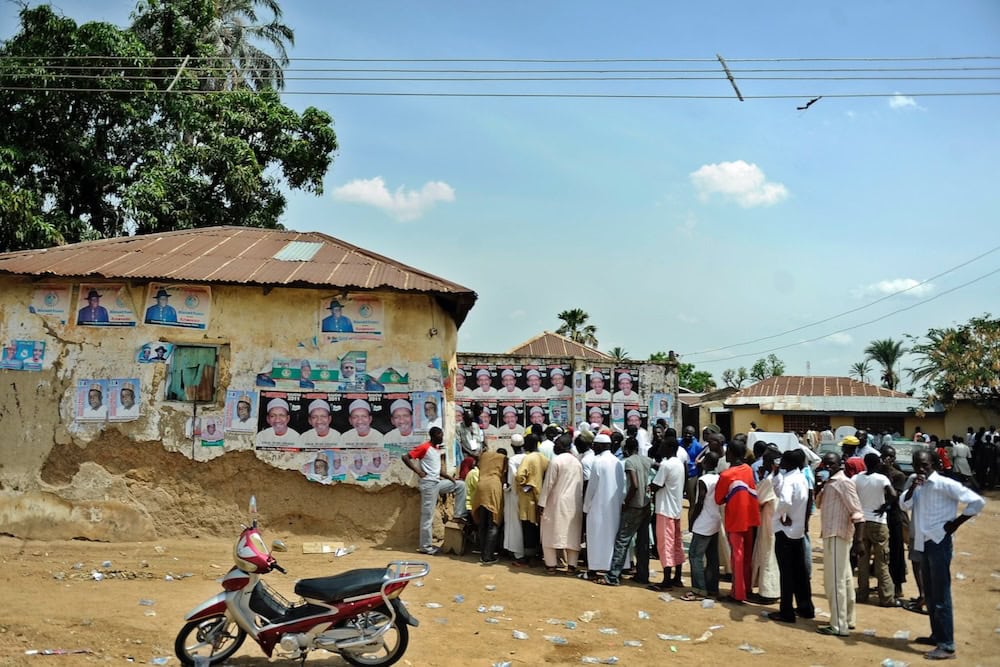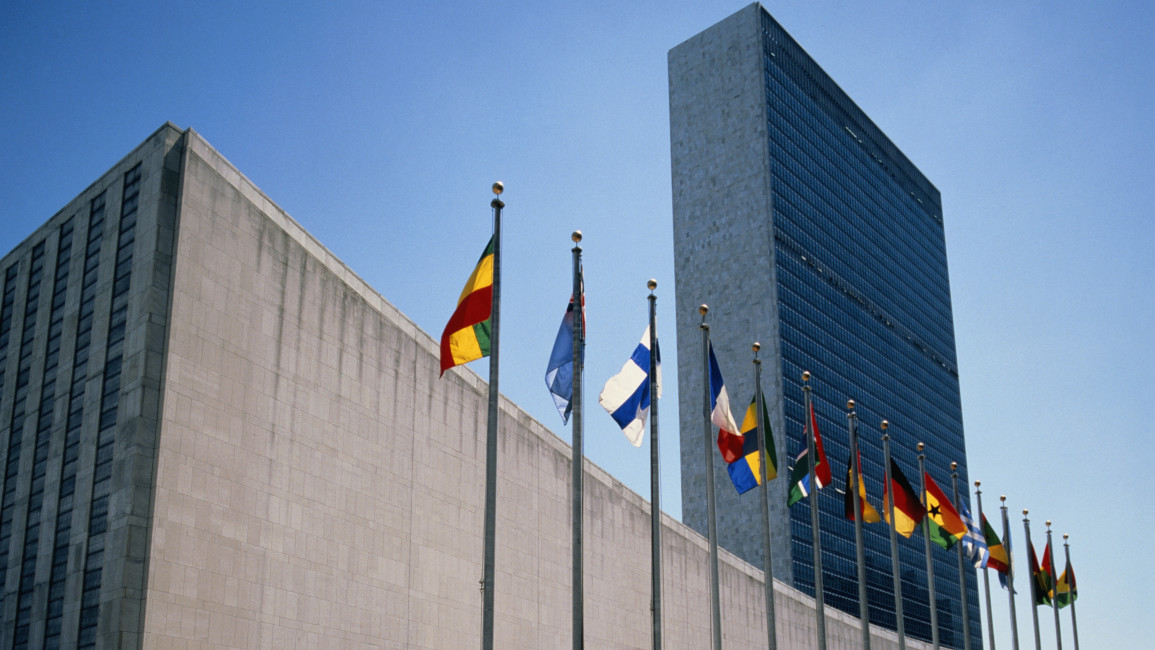Published: 18 Sep 2024 - 10:26 am | Last Updated: 18 Sep 2024 - 10:35 am

In this photograph taken on September 2, 2024, tea pickers listen to Palani Shakthivel, national organiser of the Ceylon Workers Congress (CWC), at a village in Hatton.
Spring Valley, Sri Lanka: Whoever Sri Lanka's next president is, Muthuthevarkittan Manohari isn't expecting much to change in her daily struggle to feed the four children and elderly mother with whom she lives in a dilapidated room in a tea plantation.
Both leading candidates in Saturday's presidential election are promising to give land to the country's hundreds of thousands of plantation workers, but Manohari says she's heard it all before.
Sri Lanka's plantation workers are a long-marginalized group who frequently live in dire poverty, but they can swing elections by voting as a bloc.
Mahohari and her family are descended from Indian indentured laborers who were brought in by the British during colonial rule to work on plantations that grew first coffee, and later tea and rubber.
Those crops are still Sri Lanka's leading foreign exchange earners.
For 200 years, the community has lived on the margins of Sri Lankan society.
Soon after the country became independent in 1948, the new government stripped them of citizenship and voting rights.
Around 400,000 people were deported to India under an agreement with Delhi, separating many families.
The community fought for its rights, winning in stages until achieving full recognition as citizens in 2003.
There are around 1.5 million descendants of plantation workers living in Sri Lanka today, including about 3.5% of the electorate, and some 470,000 people still live on plantations.
The plantation community has the highest levels of poverty, malnutrition, anaemia among women and alcoholism in the country, and some of the lowest levels of education.
They're an important voting bloc, turned out by unions that double as political parties that ally with the country's major parties.
Despite speaking the Tamil language, they’re treated as a distinct group from the island’s indigenous Tamils, who live mostly in the north and east.
Still, they suffered during the 26-year civil war between government forces and Tamil Tiger separatists.
Plantation workers and their descendants faced mob violence, arrests and imprisonment because of their ethnicity.
Most plantation workers live in crowded dwellings called "line houses,” owned by plantation companies.
Tomoya Obokata, a U.N. special rapporteur on contemporary forms of slavery, said after a visit in 2022 that five to ten people often share a single 10-by-12-foot (3.05-by-3.6 meter) room, often without windows, a proper kitchen, running water or electricity. Several families frequently share a single basic latrine.
There are no proper medical facilities in the plantations, and the sick are attended to by so-called estate medical assistants who do not have medical degrees.
"These substandard living conditions, combined with the harsh working conditions, represent clear indicators of forced labour and may also amount to serfdom in some instances,” Obokata wrote in a report to the U.N. high commissioner for human rights.
The government has made some efforts to improve conditions for the planation workers, but years of fiscal crisis and the resistance of powerful plantation companies have blunted progress.
Access to education has improved, and a small group of entrepreneurs, professionals and academics descended from planation workers has emerged.
This year, the government negotiated a raise in the minimum daily wage for a plantation worker to 1,350 rupees ($4.50) per day, plus an additional dollar if a worker picks more than 22 kilos in a day.
Workers say this target is almost impossible to achieve, in part because tea bushes are often neglected and grow sparsely.
The government has built better houses for some families and the Indian government is helping to build more, said Periyasamy Muthulingam, executive director of Sri Lanka's Institute of Social Development, which works on plantation worker rights.
But many promises have gone unfulfilled. "All political parties have promised to build better houses during elections but they don’t implement it when they are in power,” Muthulingam said.
Muthulingam says more than 90% of the planation community is landless because they have been left out of the government's land distribution programs.
In this election, sitting President Ranil Wickremesinghe standing as an independent candidate has promised to give the line houses and the land they stand on to the people who live in them, and help develop them into villages.
The main opposition candidate, Sajith Premadasa, has promised to break up the plantations and distribute the land to the workers as small holdings.
Both proposals will face resistance from the plantation companies.
Manohari says she's not holding out hope.
She's more concerned with what's going to happen to her 16-year-old son after he was forced to drop out of school due to lack of funds.
"The union leaders come every time promising us houses and land and I would like to have them," she said. "But they never happen as promised.”











